This is part of the Willistonian Interview-a column where Nate Gordon interviews different Williston faculty, staff, and students.
by Nate Gordon ’16
Ms. Williams is currently a 7th Grade Geography teacher and Upper School Sports Studies teacher. She is a Varsity Volleyball coach and Track coach as well. She played a major role in having Luma Mufleh come and speak at Williston–something she was very excited about. Beyond Williston, she is a member of the Pioneer Valley Roller Derby Team. I had the opportunity to have her as my 7th Grade Geography teacher and 8th Grade Civics teacher!
Nate Gordon: What do you like most about being a teacher at Williston?
Diane Williams: I like that the students are enthusiastic and willing to take risks and think about new ideas. I found that with both students in seventh grade and students in the upper-school, a similar willingness to engage with new ideas and expose themselves to different realities that aren’t necessarily what they have always known their whole lives. Different ways of thinking–I think that’s really precious and wonderful and exciting and what I like about kids.
NG: So I know you have taught classes about different topics and issues in sports in the high school, could you tell me a little bit about this?
DW: The classes are motivated by my own research and academic work in the area of sports studies. Looking at history, sociology, all kinds of ways that sport and sport culture connect. Like what are the ideas that get promoted there? How sports and society reflect each other and also don’t. So the course that I’m teaching is a sports studies class and it’s part of the Williston Scholars Program. Part of what’s really neat about it is that we have the chance to bring in a whole bunch of experts from this area that do work related to different topics in sports. So, we sometimes think that sports is just go play, but it turns out there’s a whole lot of people who study all kinds of things about it. So, whether it’s looking at race in sport, looking at issues around homophobia in sports and how teams and coaches and athletic departments are making strides to make sports safer for kids. Looking at mascots, and Native American mascots and race [too]. There are all these resources in this area so I was able to bring them into the classroom to teach about what their experts in.
NG: What is your favorite part of being a coach at Williston?
DW: I think volleyball in particular, but with track too, getting the chance to work with people who have both been playing the sport for a long time and people who haven’t. But it’s also one of the neat things about coaching and in particular high school is that you don’t have necessarily all all-stars, but you have people who are willing and ready to play who know what sports are about and want to be a part of it and want to get better…And I think the other thing is finding ways to appreciate the things that people bring to the team that may or my not be that they are the highest skilled player, but maybe they are really good at getting people to work together or maybe they are really funny at the right moment. Finding ways to make sure people are valued as a part of the team not just for the skills that they bring, though, that’s a part, of course.
NG: Going back to the teaching, what is your favorite assignment that you have given students at Williston?
DW: I’d say, in geography, each year I’ve done an assignment with the students that looked at their culture or their background. I’ll talk about this year’s-it was one of my favorites because we were coming off of a unit on migration and we talked about the Fugees and we learned about Coach Luma [more about Luma and the Fugees later in the interview]. The final project was for students to find some story of migration in their own family’s history. So, they had to talk with their parents or grandparents or whoever. Then they had to present it in a short presentation to their classmates. It was really cool to get to see and hear all the stories and also fun to see students get into their own family stories and share those pieces of history.
NG: So you mentioned Coach Luma and I know you really helped bring her to the school and talk. Could you tell me a little bit more about that and what you think it meant to have Coach Luma come to the school?
DW: Happily. When the Williston Sports Studies class was being approved I was asked if there was anyone that we might consider bringing in for that big lecture. Luma was one of the first people that came to mind-I have tried to bring her into as many things as I can ever since I met her… One thing led to another and we got her to come.
What I think was so neat about having her here was faculty and students alike seemed to really appreciate what she was doing. Hearing her story and understanding what was going on. Why she was doing what she did. How her background was so different from the kids she was working with, yet she found so many similarities with them and found such a purpose in what she was doing. People were really excited that she came and spoke and I thought that was a wonderful gift to the community.
NG: What kinds of things do you like to do in your free time?
DW: Well… I play roller derby [as you know]. That’s my biggest extracurricular activity. I am on the travel team for Pioneer Valley Roller Derby. It’s a really wonderful change of pace to get to not be a coach, but to be an athlete again and get to be coached and improve and make mistakes and get to be on a team. I get to work with a lot of people who I respect and love, some of whom work here like Ms. Hanley who works in communications. Our first bout is at the Mullins Center on April 7th and I need a lot of people to come, so everybody’s invited!



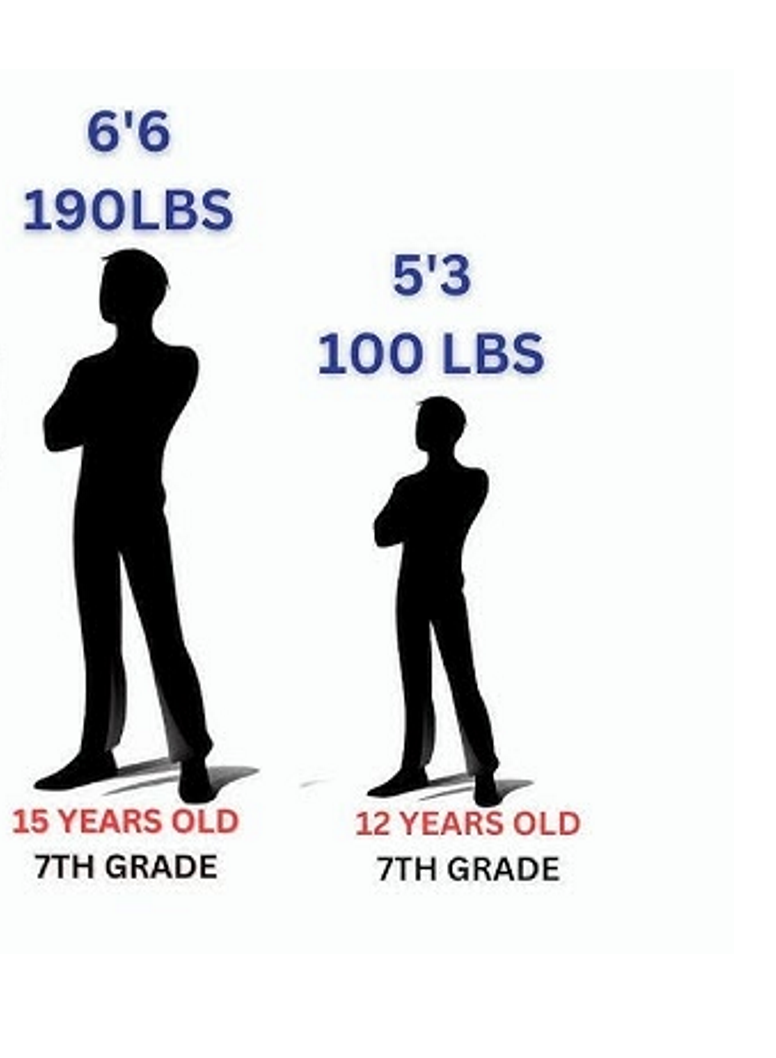
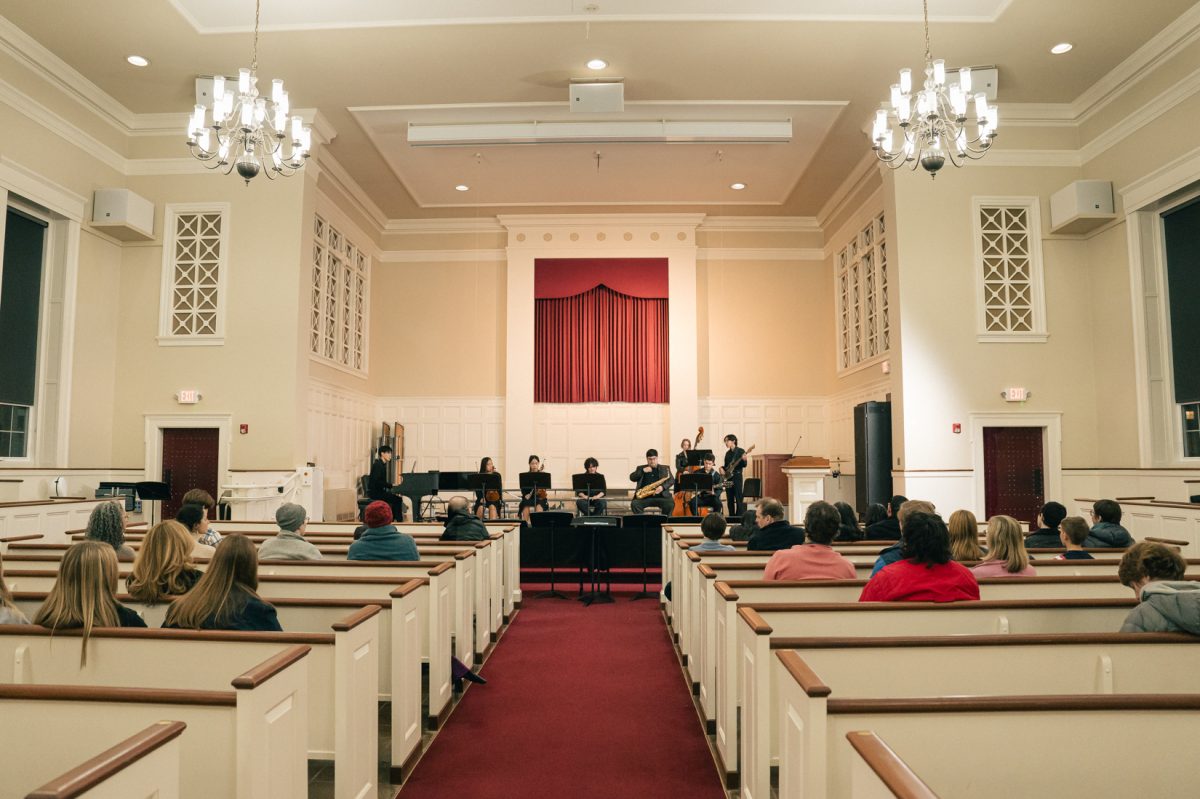
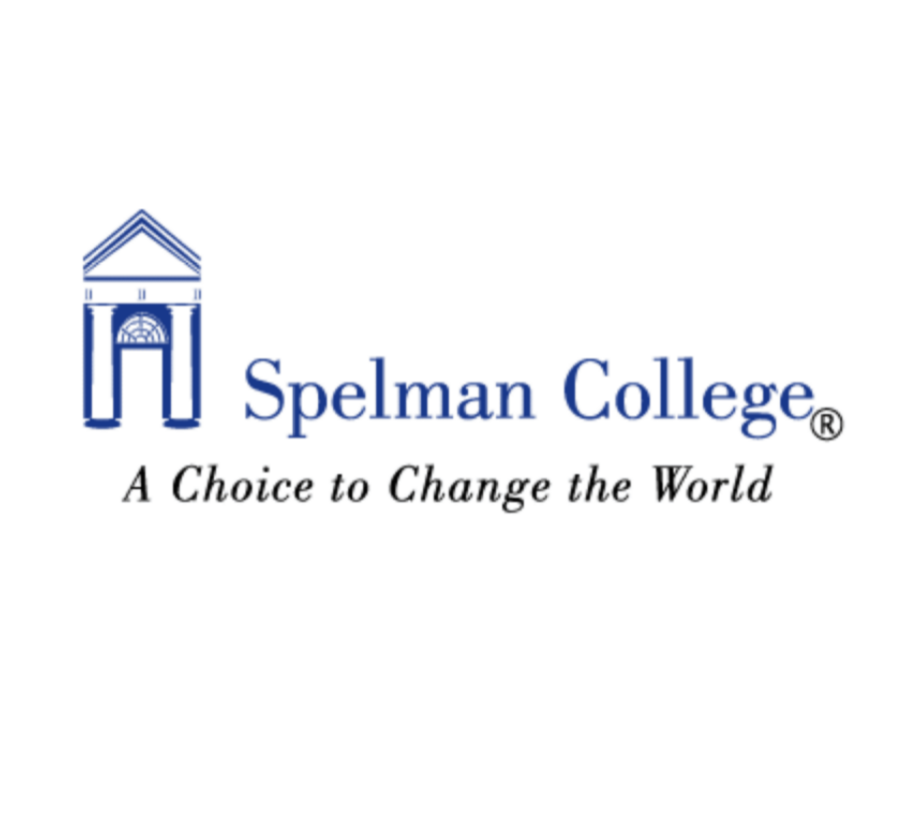
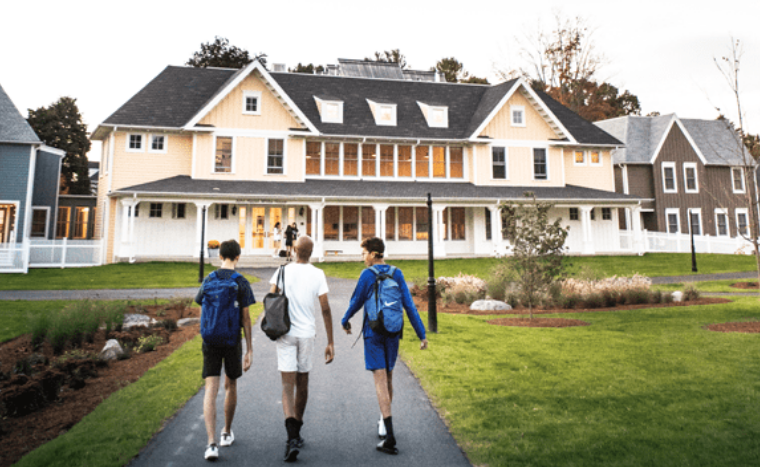
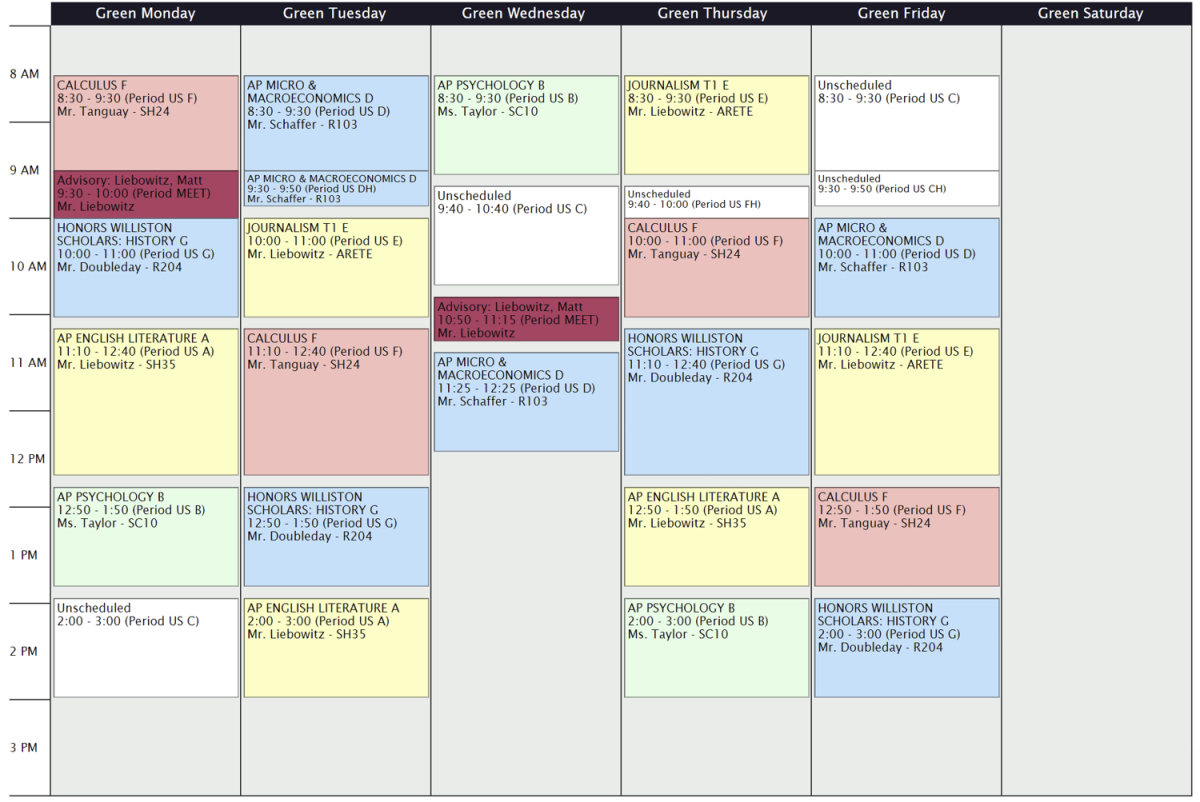
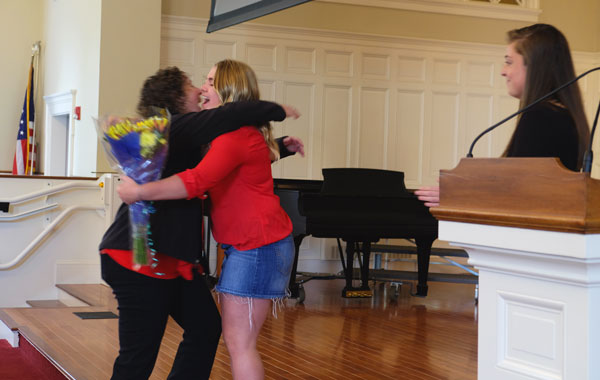
George Eastman • Mar 8, 2013 at 5:20 PM
Great interview, interviewer, and interviewee.